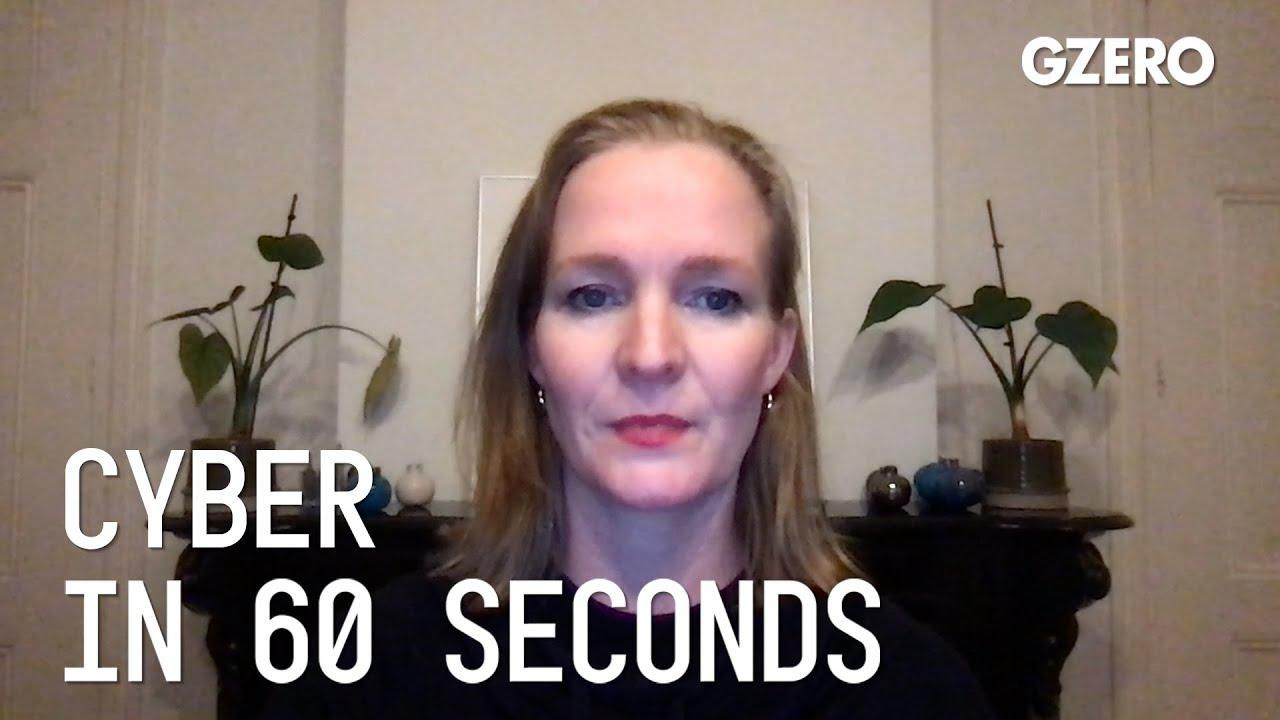
Marietje Schaake, International Policy Director at Stanford's Cyber Policy Center, Eurasia Group senior advisor and former MEP, discusses trends in big tech, privacy protection and cyberspace:
Are we running out of time to regulate big tech?
And to that I would say yes and no. So let me explain. Yes, because especially in the US, the legislative responses to the outsized and growing power of big tech have been incredibly slow. Over the past several years, we have seen initiatives being drafted, but when it came to that point, the polarization between Democrats and Republicans have been running so deep that hardly any of the legislative ideas have actually come to adoption. And there's no real expectation that that will change soon. But we are not running out of time, but actually catching up, in the sense that elsewhere in the world, for example, in the EU, a series of proposals are being made and adopted. To foster more competition, to ensure greater responsibility from tech companies on content moderation, on AI, data, political ads, rights and principles, cybersecurity, and so on. And these proposals do add up to a shift in the status quo and certainly regulate the effects of big tech.
So beyond the question of whether solutions are on time, the key political problem is the challenge because with political will and leadership, much more transparency, accountability, competition, and rights protections, as well as cybersecurity can be ruled democratically for the digital era. So I think with the right will, solutions are within reach.